When unfamiliar students ask Fossil Ridge High School Junior Shawna Park for help in math, she wonders the intent behind it.
“I don’t know if it’s like an Asian stereotype or something, but it’s just like they just think I’m smarter,” she said. “It also makes me feel dumb too when I can’t answer the question.”
Experiences like Park’s happen often for students of color at Fossil.
Fossil Ridge High School’s student population is 76.7% white, and 23.3% students of color, according to the Colorado Department of Education data for 2023-2024. Many students of color said they often feel like they do not belong and wonder whether white students and teachers understand the harmful effect of certain jokes and comments.
Senior Shel Zhou said racial comments made her feel “pretty bad.”
“I think it messed me up for several years,” said Zhou.
White students may not understand the effects of their comments because they haven’t experienced the same level of discrimination and may lack awareness of the harm their actions have on students of color. Some students of color wonder whether the lack of awareness is due to the sheer numbers of white students at Fossil.
“There’s more of a majority of white people instead of Hispanics like me and I would feel more comfortable with Hispanic or Latino students,” said junior Anthony Parra Lopez. “I’ve been called things.”
Parra Lopez said the “things” are racial slurs that, when used by people he does not know, are irritating and hurtful.
Students of color often feel different from their white peers due to experiences of discrimination, microaggressions and a lack of representation, which can lead to feelings of isolation and exclusion, according to Another Inconvenient Truth: Race and Ethnicity Matter.
“There are times when I do feel accepted and times where I don’t, and there are spaces where I do and spaces that I don’t,” said Zhou.
When white students say insensitive or hurtful things to students of color it can contribute to feelings of discomfort.
“I’ve heard white kids saying stuff they shouldn’t be saying,” Fossil Hall Monitor Ian Bell said. “I’ve heard kids of different ethnicities saying things that maybe they shouldn’t be saying, but also might have cultural relevancy of their own experience.”
Common sense would dictate that it’s not appropriate to say a slur if you aren’t of the ethnicity.
Students of color should be able to reclaim their slurs as a way to take back power. However, students who do not have any cultural connections to these slurs should not use them, as doing so is derogatory, according to From Derogation to Reclamation: How Does Language Change?
“Knowing the person, I know they’re not trying to be rude or racist. But it’s not really acceptable to say that either,” Parra Lopez said.
Racist jokes create a hostile environment. If students are experiencing any type of harassment, there are many trusted and supportive adults in the building.
“School really should be a safe place where their sole focus should be to learn and to grow,” said Fossil Counselor Nicole Alvarado.



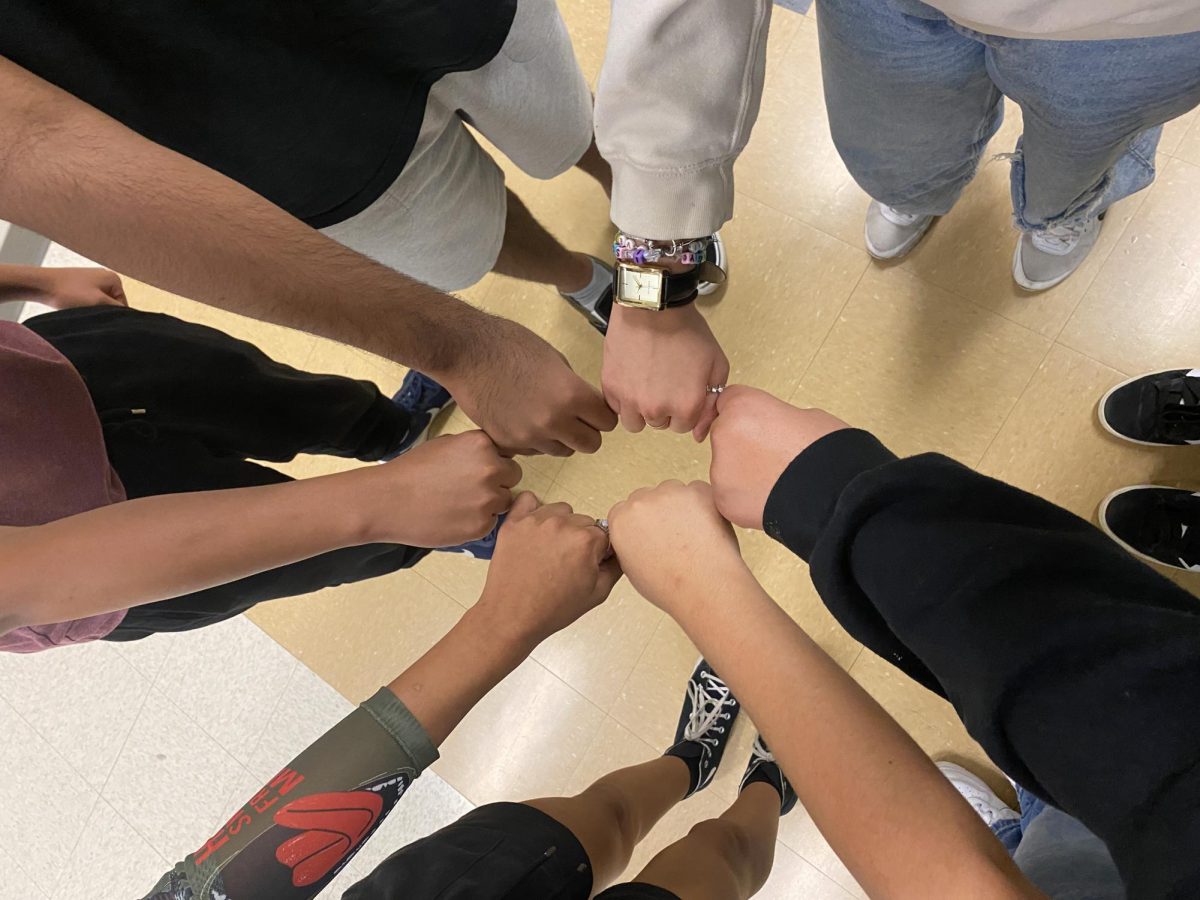

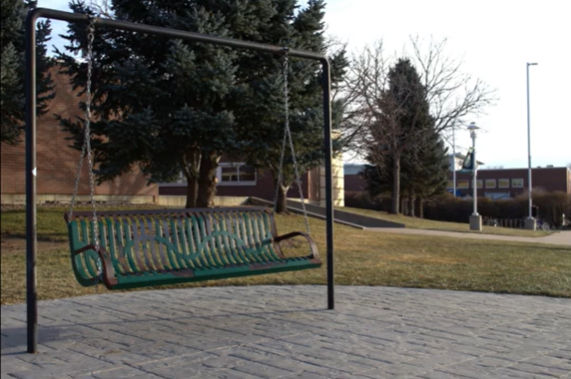
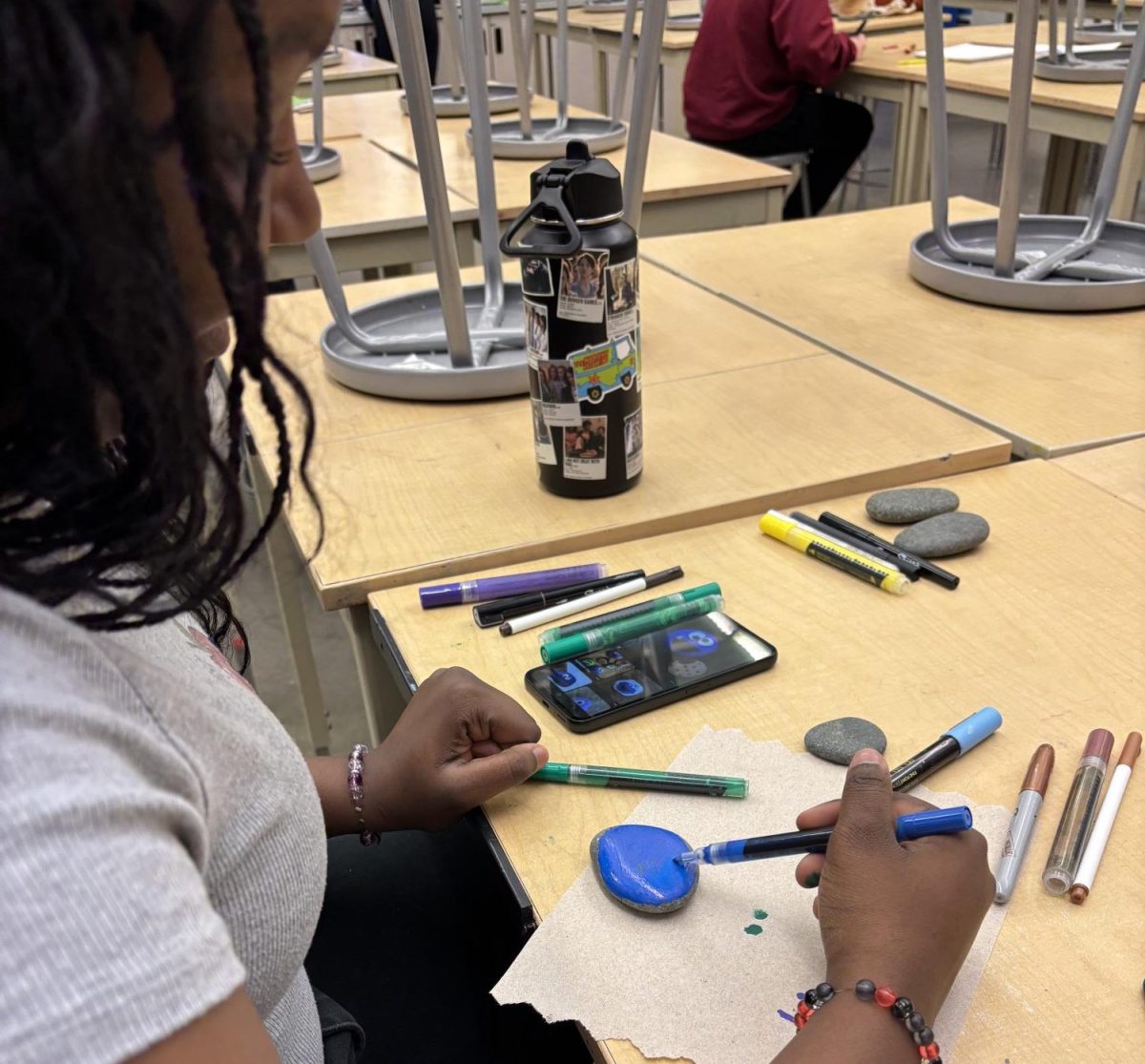
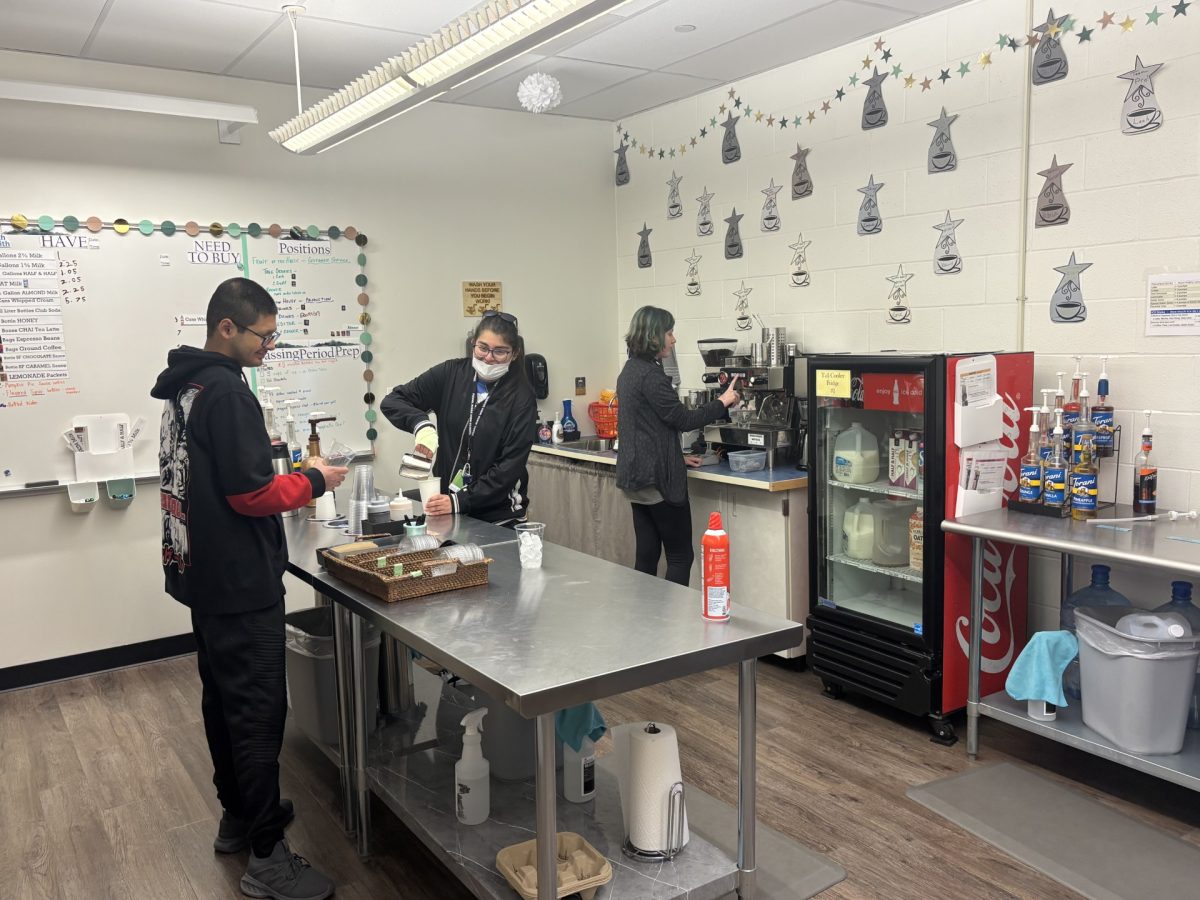
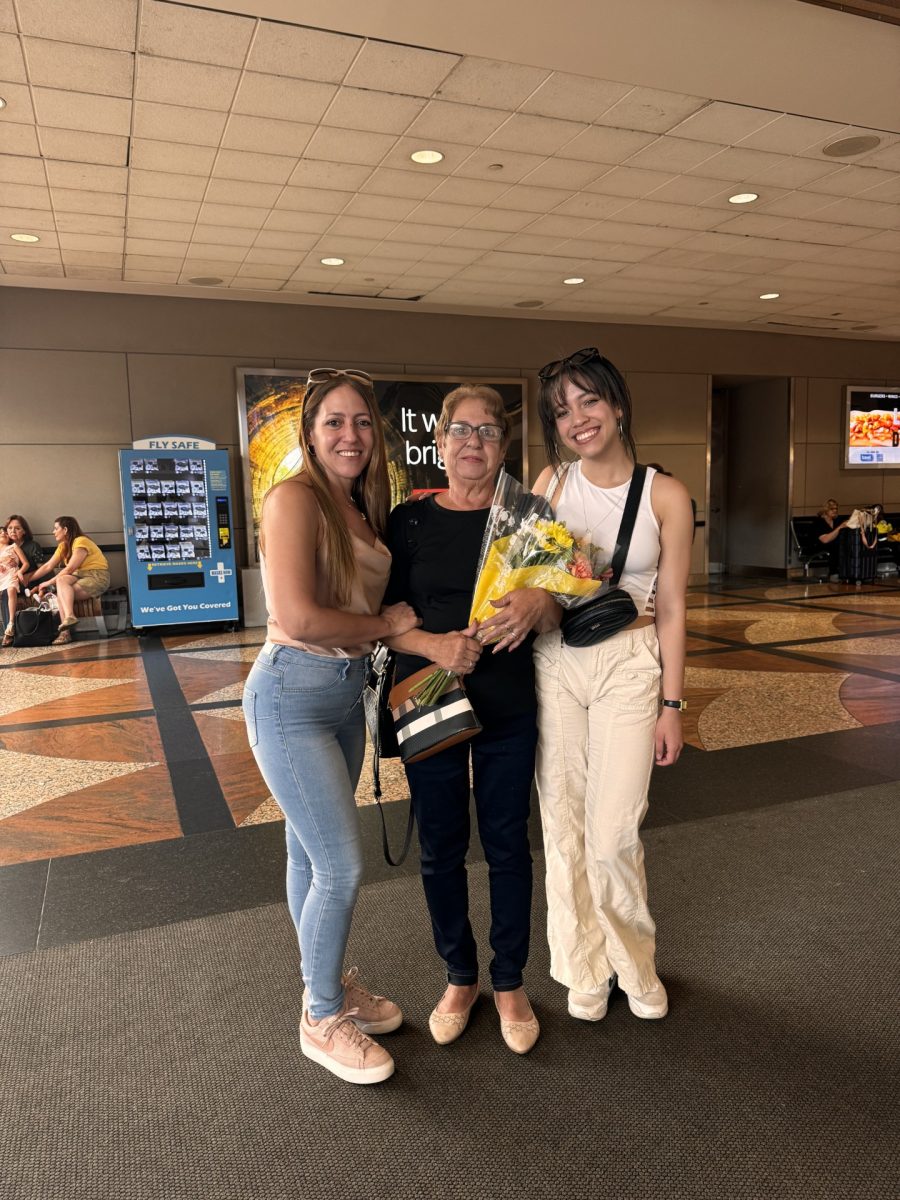

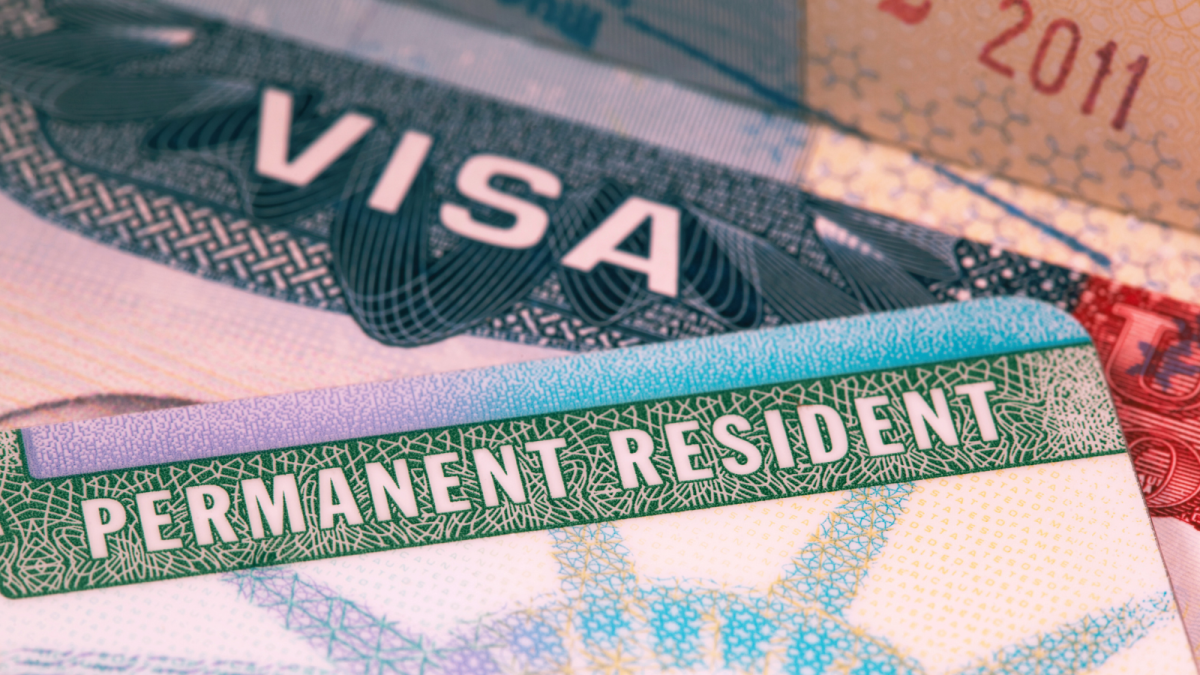
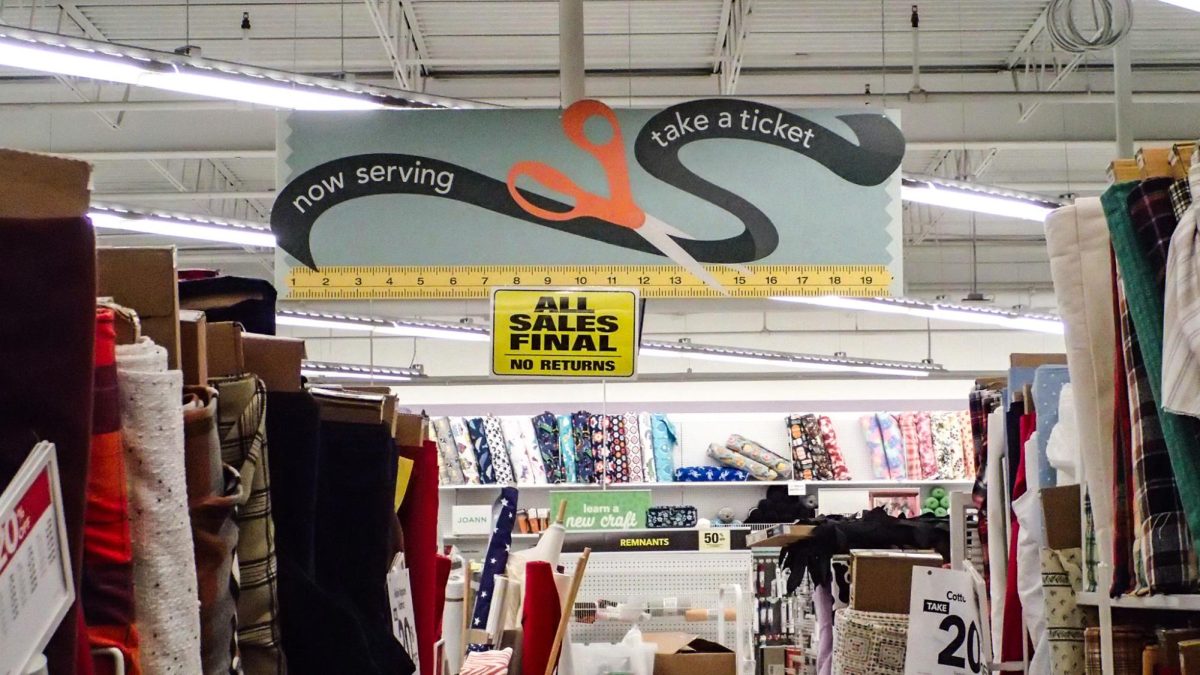
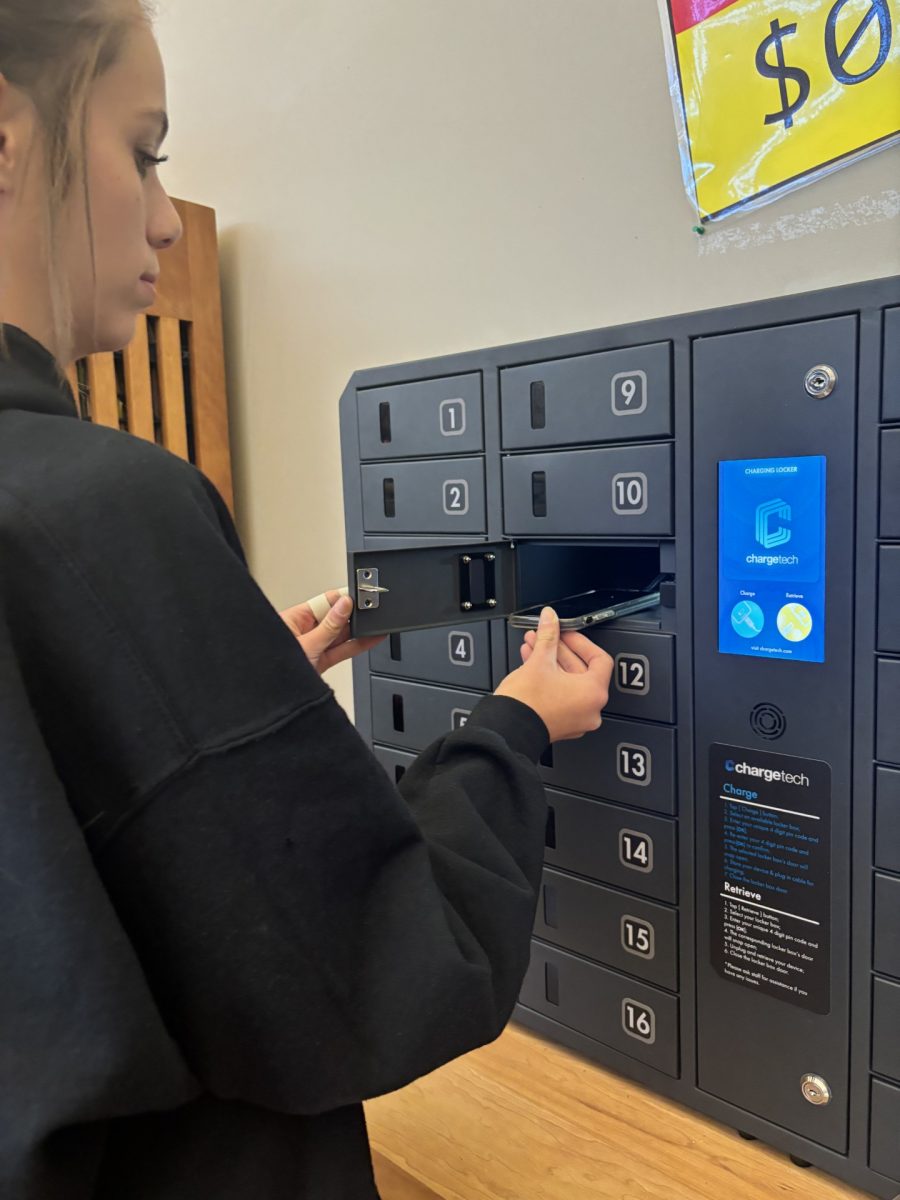
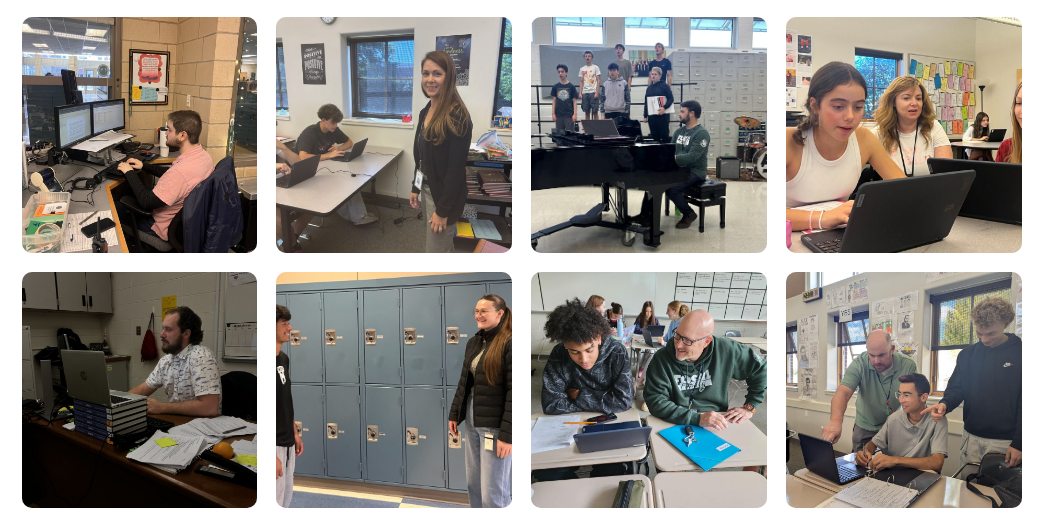
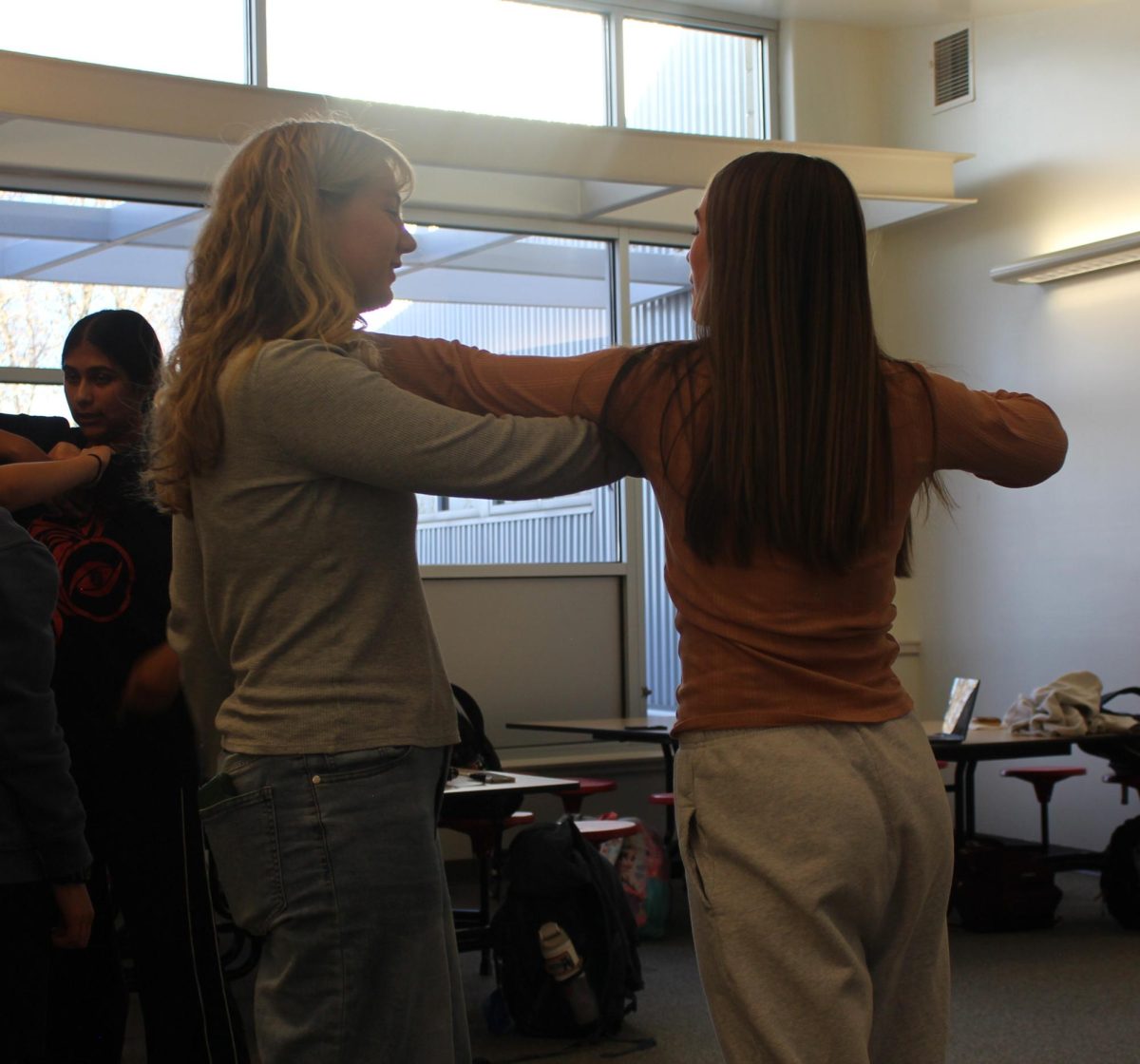

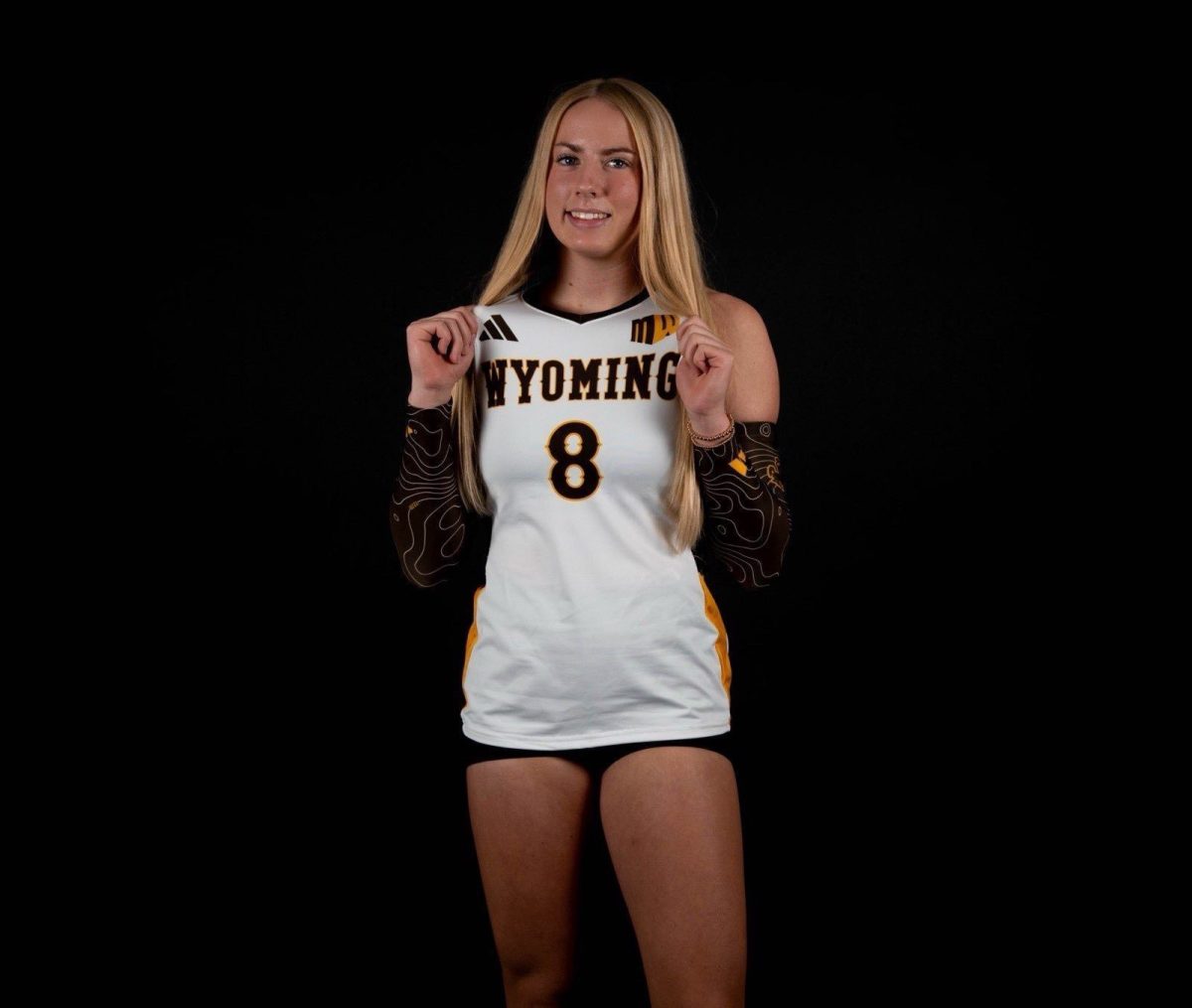
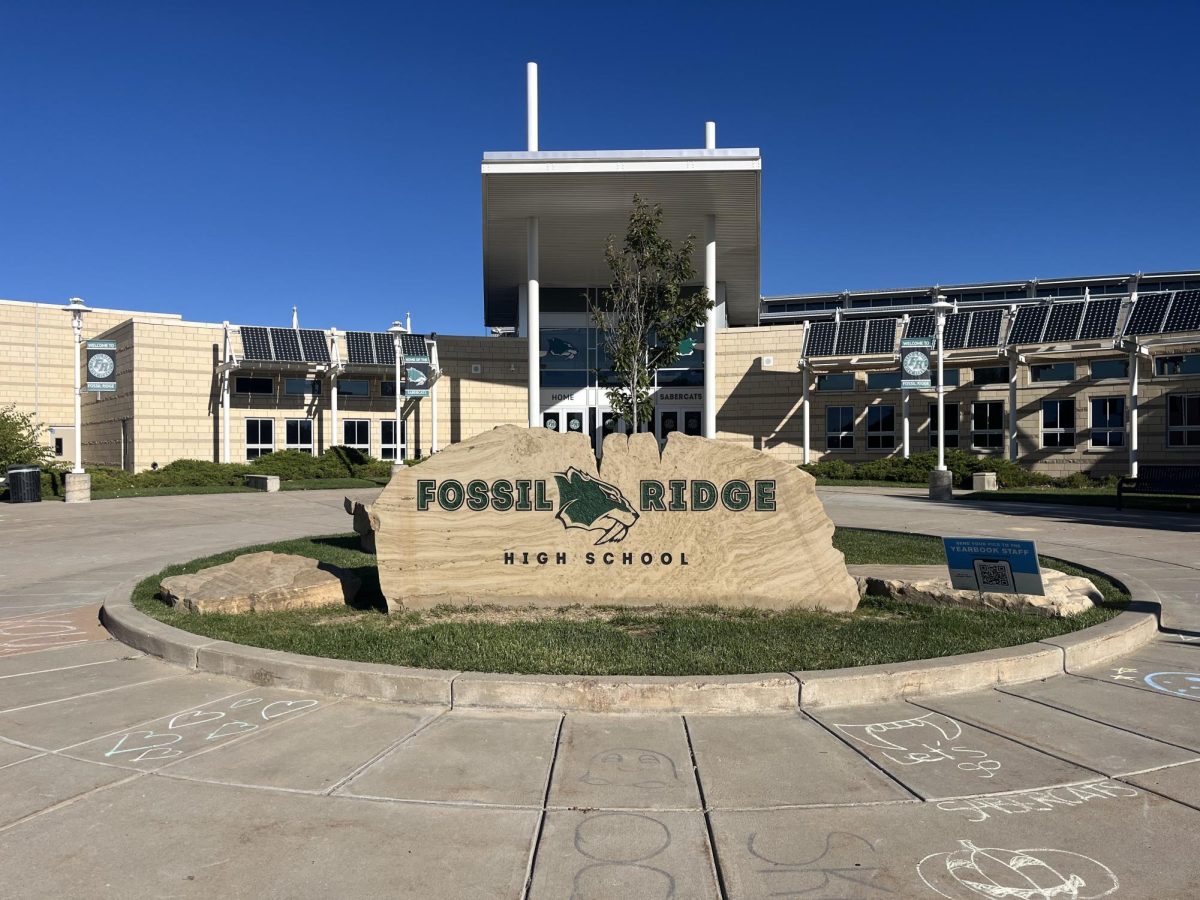
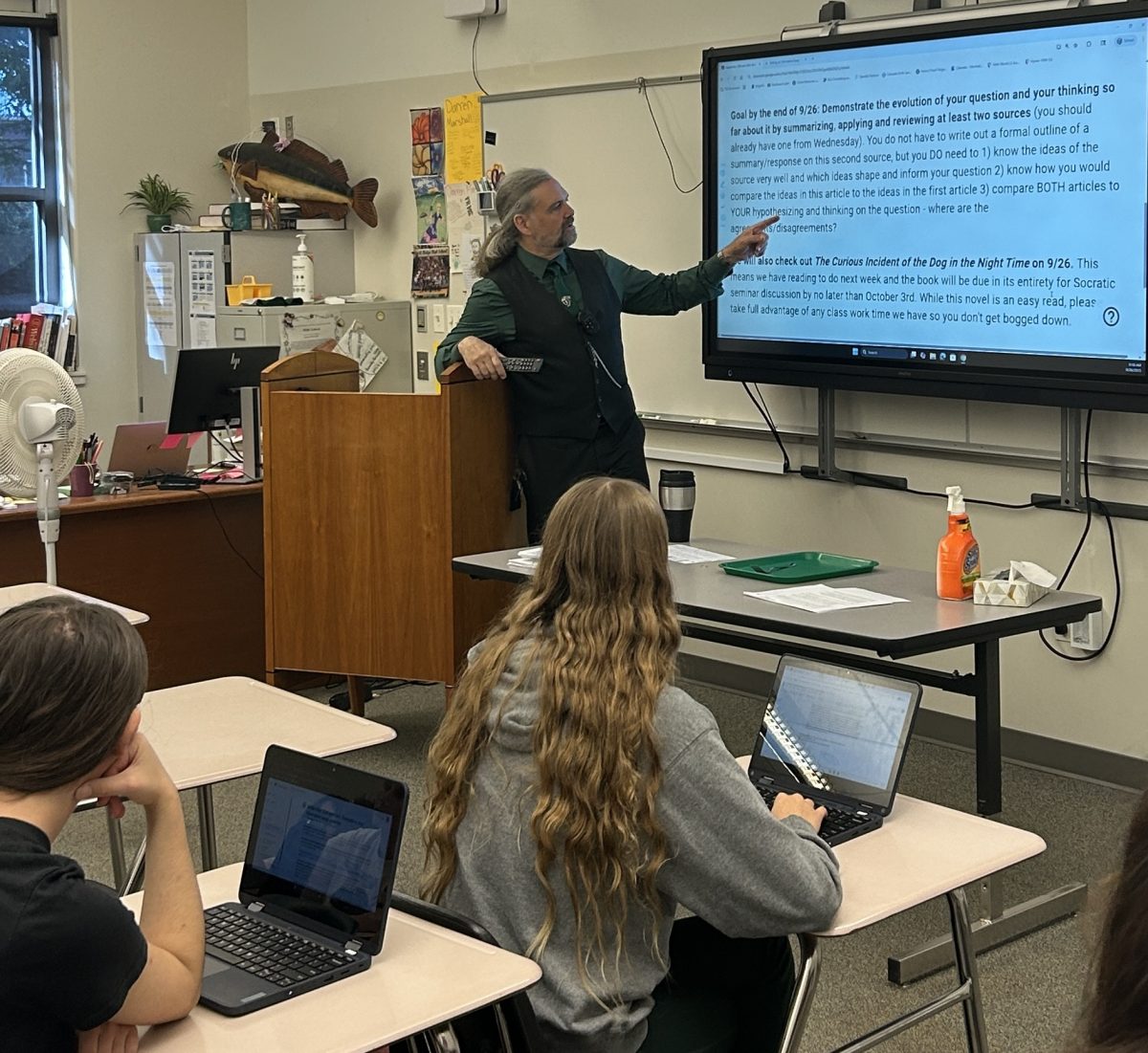
Andrea • Dec 11, 2024 at 3:56 pm
Melany and Sandra did so good writing this it shed light on many issues